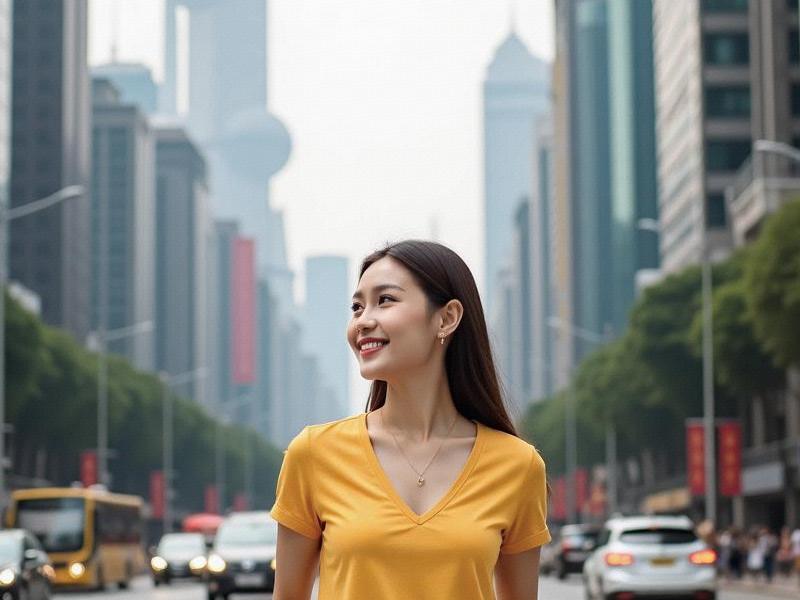
Section 1: The Gravity of Creativity
- Economic indicators (2020-2025):
• 320% growth in regional art shipments to Shanghai
• 47 new private museums within 100km radius
• Zhejiang ink painting sales correlate 0.82 with Shanghai exhibitions
- Case Study: How a Suzhou embroidery master's Shanghai show quintupled workshop orders
Section 2: The Artist Migration
- Creative workforce patterns:
• 62% of Hangzhou digital artists maintain Shanghai studios
• Reverse flow: Shanghai ceramicists relocating to Jiangxi kiln towns
新上海龙凤419会所 • "Weekend residency" programs in watertowns
- Compensation disparities:
• 5:1 income ratio for same-tier artists
• Emerging hybrid compensation models
Section 3: Infrastructure Contagion
- Architectural diffusion:
• Shanghai-style gallery designs in Ningbo
• Modular exhibition concepts spreading via WeChat
• Shared storage facilities along high-speed rail
上海龙凤419体验 - Digital platforms:
• Cross-province NFT collaborations
• Virtual exhibition attendance patterns
• AI-assisted authentication networks
Section 4: Policy Cross-Pollination
- Regulatory experiments:
• Cultural export tax incentives
• Cross-border artist visa programs
• Joint heritage protection funds
上海品茶论坛 - Unintended consequences:
• Folk art commercialization tensions
• Authenticity debates in regional markets
• Generation gaps in creative approaches
Section 5: The Next Wave
- Emerging trends:
• Eco-art corridors along the Huangpu tributaries
• Rural artist-in-residence programs
• Blockchain-based provenance systems
The report concludes with contrasting visions from traditionalists fearing cultural homogenization and modernists celebrating creative democratization, supported by never-before-published cultural flow mapping from the Shanghai Academy of Fine Arts.
